Out of the more than 300 transgender, nonbinary, or gender nonconforming deaths due to fatal violence reported by the Human Rights Campaign since 2013, about a third are still unsolved.
A recent FBI report found that in 2022 there was a 13.8 percent increase in hate crimes based on sexual orientation and a striking 32.9 percent surge in those targeting gender identity compared to the previous year.
It’s clear that there is an increasing rate of violence against LGBTQ+ people. But queer people being targeted for who they are isn’t new. Neither is a lack of sincere investigations into cases involving queer people, whether that investigation is for a domestic violence incident between a same-sex couple or if the victim is queer.
There are more than 240,000 unsolved homicides in the U.S., according to data from the National Institute of Justice. About four out of 10 homicides go unsolved.
Cold case: (noun) an unsolved criminal investigation (as of a homicide or abduction) that has stopped being actively pursued because of a lack of evidence
In a series of stories in The Advocate, we’re looking into unsolved cases of homicides involving LGBTQ+ victims. We hope to shed new light on these investigations that have been filed away after leads have run dry. We want to help authorities find the evidence they didn’t have before.
The series will also tease out the relationship between authorities and LGBTQ+ communities. Queer people already have less trust in the police than non-LGBTQ+ people. It makes for a difficult dynamic for investigators and the communities.
“LGBTQ people tend to be less trusting of the police than straight cisgender people. They tend to find their interactions with the police to be less fair. They have more experiences of unwanted contact with the police,” explains Stefan Vogler, assistant professor of sociology at the University of Illinois Urbana-Champaign and lead researcher on a project called Policing the Rainbow. The study investigates the relationship between the police and LGBTQ+ people.
Tori Cooper, director of community engagement for the Transgender Justice Initiative at the Human Rights Campaign, points out that media outlets and authorities aren’t always the best at covering and handling cases involving LGBTQ+ people, specifically trans and nonbinary people.
“There have been times when we have been made aware of deaths of trans individuals and nonbinary individuals before they hit the media, because people who are in these communities are saying, my sister, my girlfriend, a friend of a friend was just killed in Miami,” Cooper says. One time, Cooper says the mother of a trans woman called to say her daughter was killed and the local media weren’t covering the story.
Another issue that Cooper points to is misgendering or deadnaming victims.
“What often happens is there will be folks who happen to be of trans experience who will say ‘Well, that wasn’t [their] name. But that wasn't a name that she was known by,’” Cooper says. “If I were killed in the streets, and they listed me as Thomas Cooper. But the world knows me as Tori Cooper. And you put out an APB for the killer of Thomas Cooper, my friends aren't going to know. And so, we're actually impeding progress.”
All of these issues lead to breakdowns in communication between authorities and communities, which could impact investigations into crimes against LGBTQ+ people.
It's our hope that this series sheds light once again on victims who may have been forgotten. These people deserve to have their dignity returned and to have their killers brought to justice.
Unsolved, Retold: The LGBTQ+ Cold Case Files:
- What Really Happened to Marsha P. Johnson?
- Nearly 30 Years Later, Lesbian Couple's Murder in National Park Remains Unsolved
- Police Questioned a Prime Suspect in a Utah Gay Man’s Murder. Why Is the Case Still Cold?
- 45 Years Ago, Gay Activist Anthony Adams Was Murdered. Utah Police Are Still Missing Evidence
Have information or know of a cold case we should profile next? Reach out to reporter Samson Amore at crime@equalpride.com.
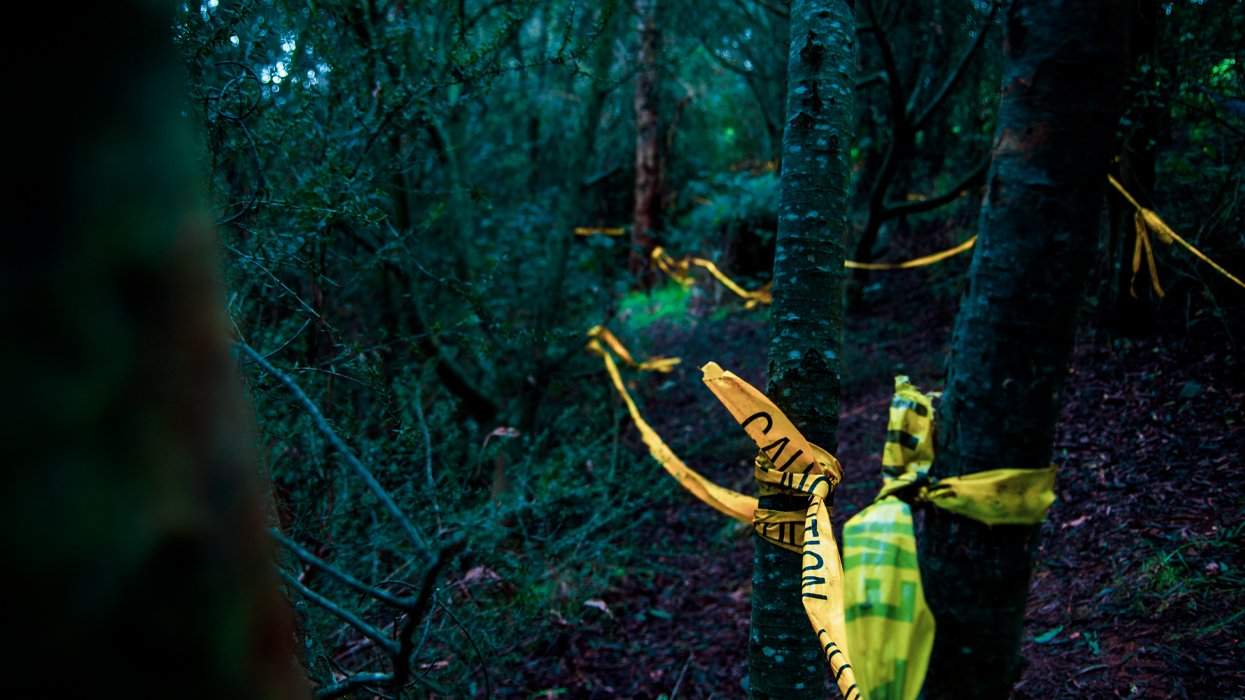





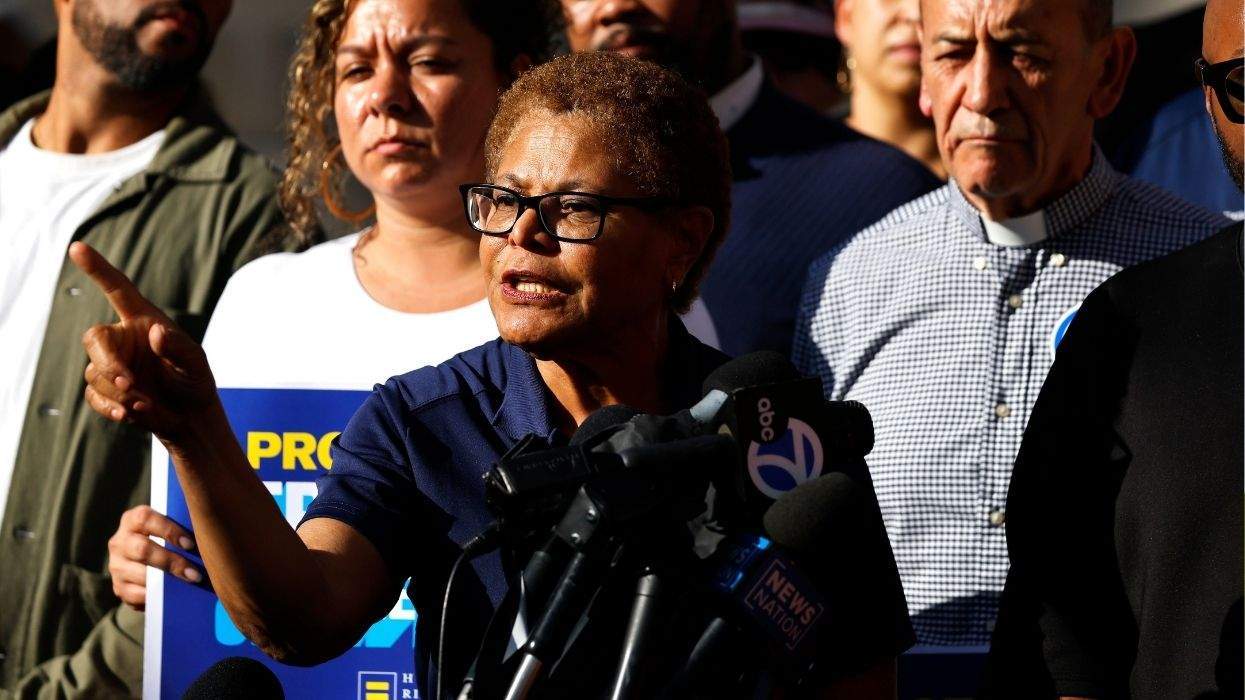
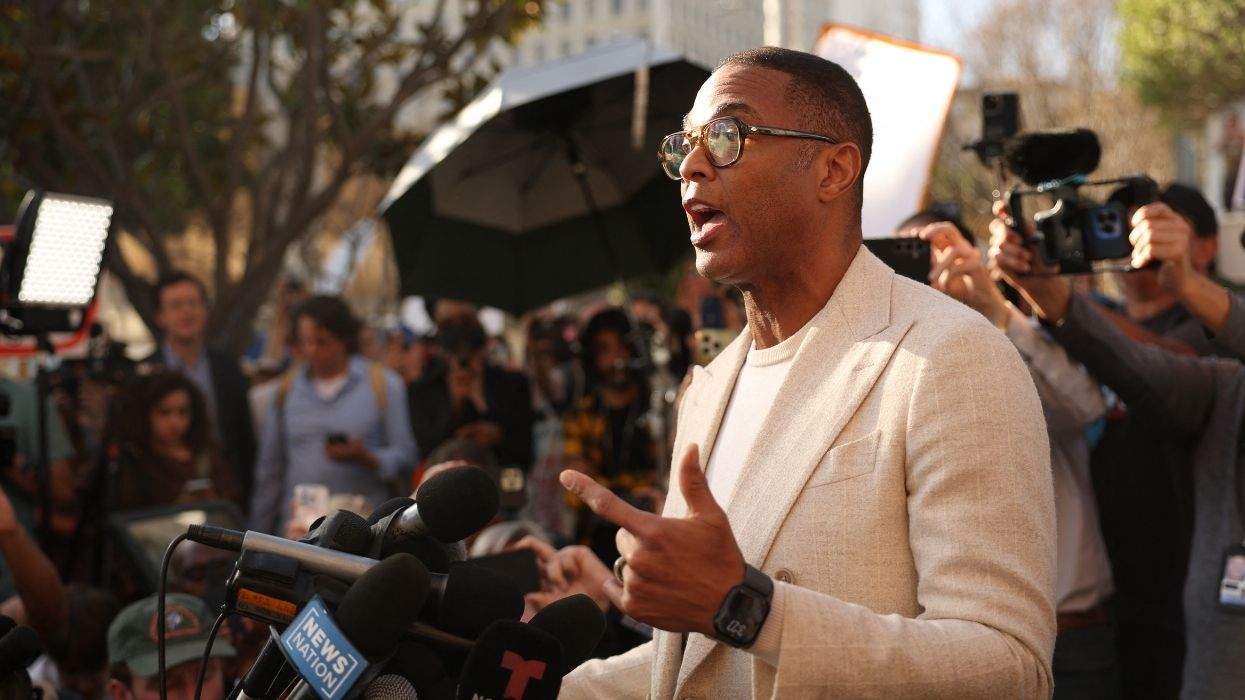
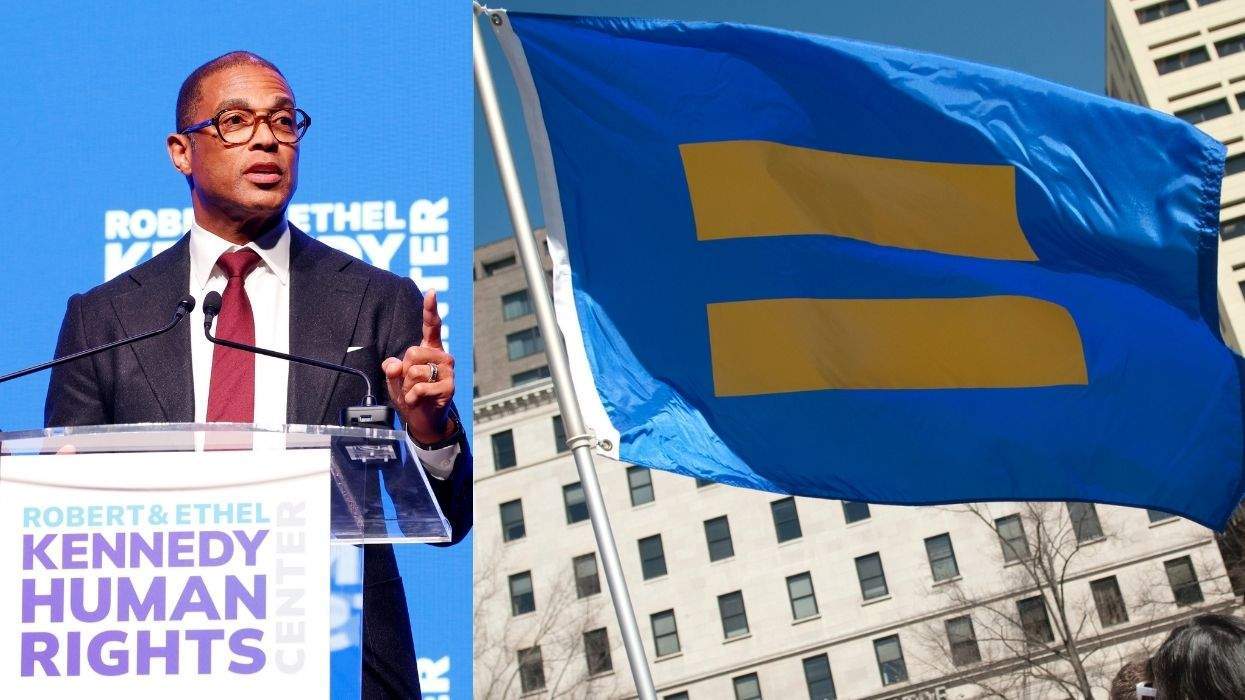
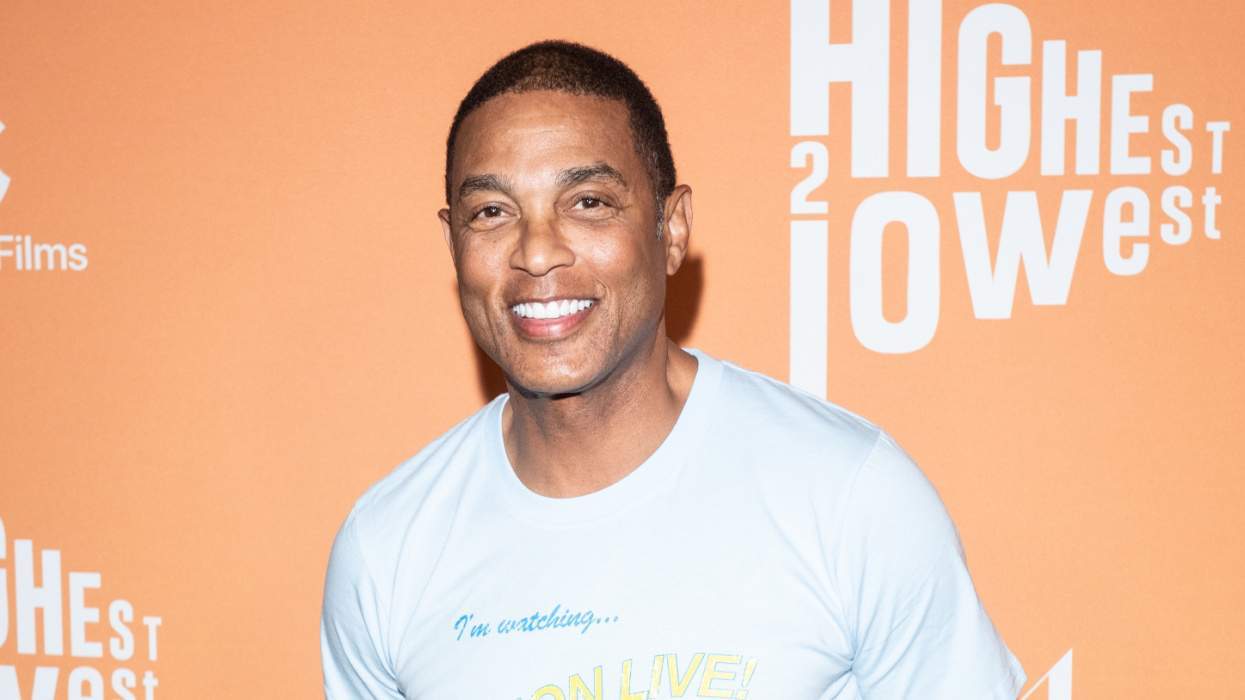






Charlie Kirk DID say stoning gay people was the 'perfect law' — and these other heinous quotes
These are some of his worst comments about LGBTQ+ people made by Charlie Kirk.